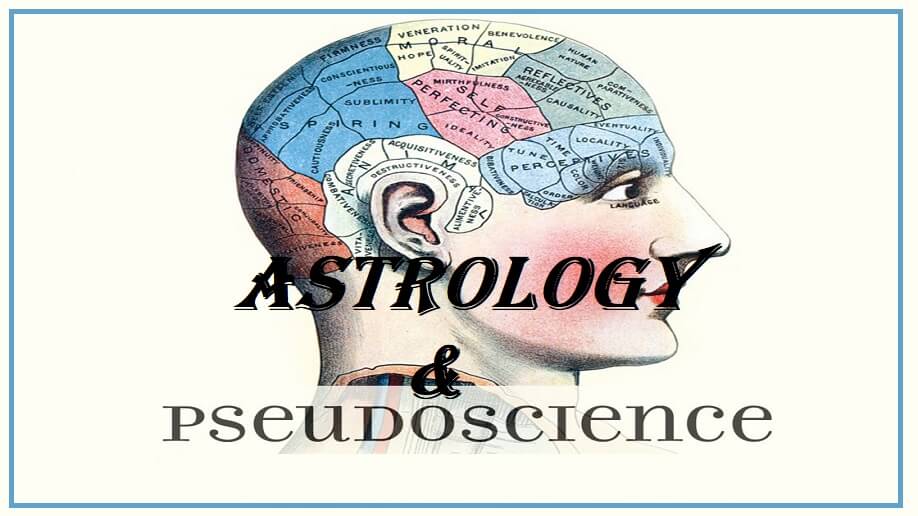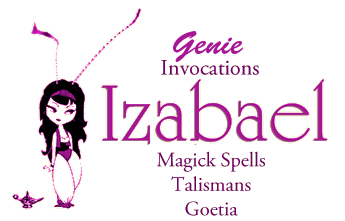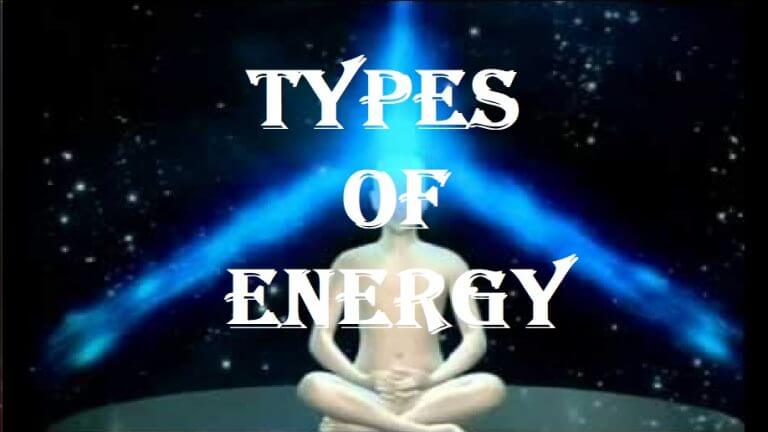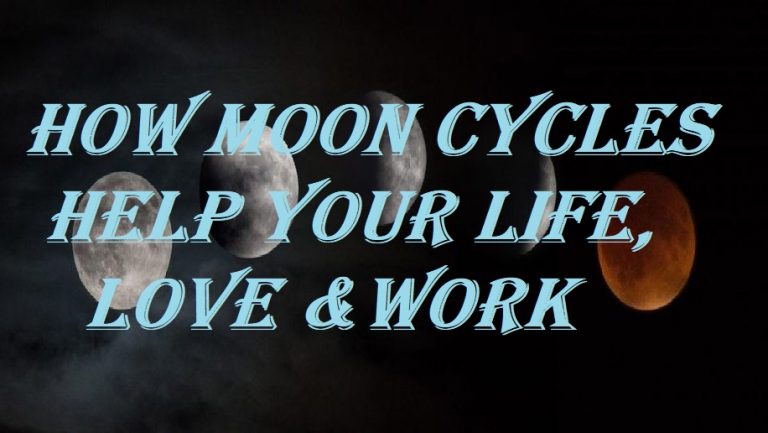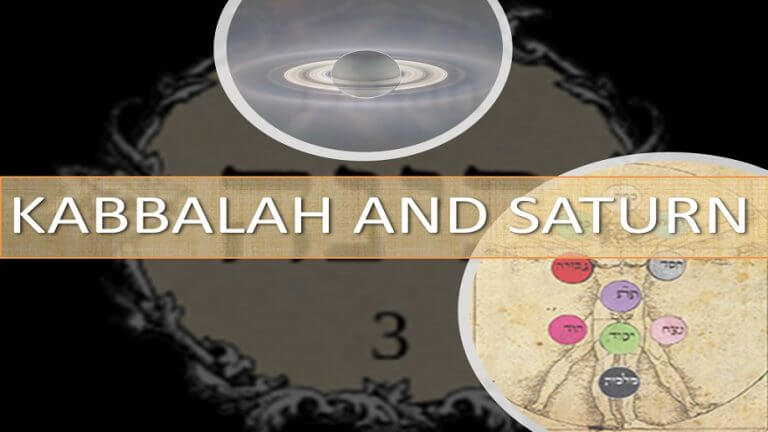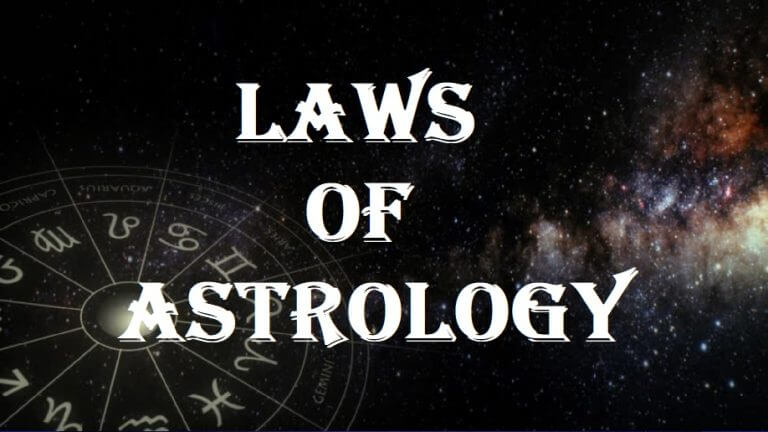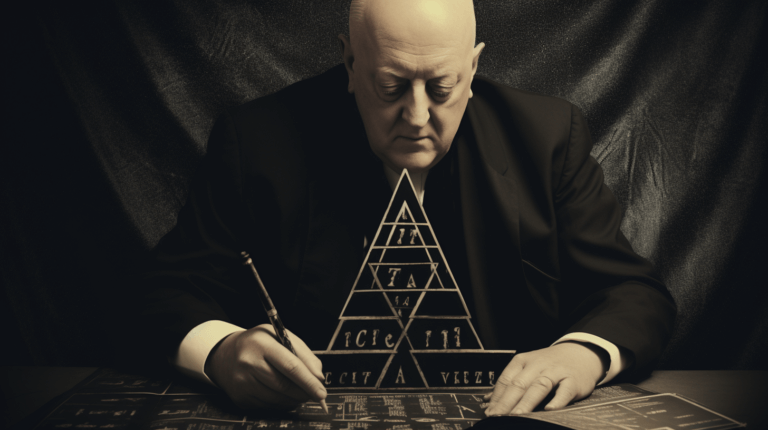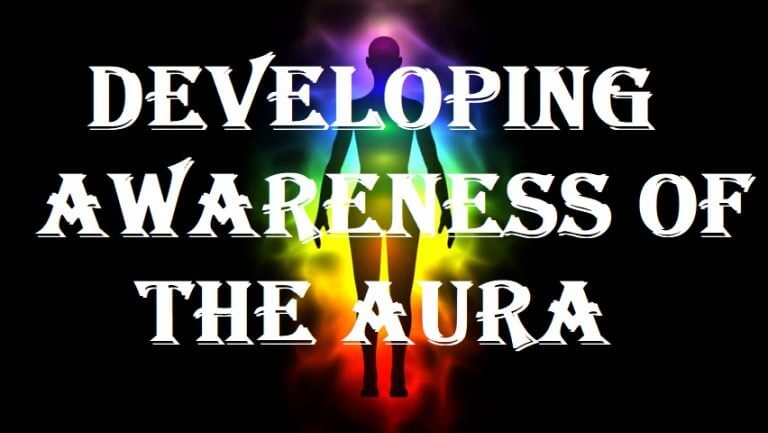How Astrology Is Intertwined In Pseudoscience
Pseudoscience is made up of beliefs, statements or systems that are believed to be both factual and scientific. However, they are inconsistent with the scientific method. Usually, Pseudoscience is defined by exaggerated, contradictory or unfalsifiable claims that rely on confirmation bias instead of precise efforts at refutation; absence of openness to evaluation by some specialists; and lack of regular practices when coming up with theories, and persistent adherence quite sometime after they have been provisionally questioned. The word pseudoscience is regarded pejorative since it implies something is being taken as science inaccurately or deceptively in some cases. People who are described as advocating for pseudoscience or practicing it normally oppose the characterization.
In a nutshell, Pseudoscience is about theories, beliefs as well as practices that have been regarded as scientific though they have no background in scientific fact. Basically, this may imply they were scientifically discredited, cannot be tested scientifically, or have no evidence to back them. The term ordinarily has a negative implication. When applied, someone’s suggesting the topic is not about scientific findings and is thus, lacking in truth.
As common “science” that is usually ridiculed is astrology. Some individuals believe the earth’s location around other heavenly bodies has an influence on our day-to-day behaviors. Others even find it ridiculous. To future find out the truth about this, let us examine examples of pseudoscience.
How astrology is intertwined in Pseudoscience.
Astrology is any of the numerous systems of perception, interpreting and constructing knowledge concerning reality and human existence taking into account the relative locations and movement of different real and defined celestial bodies.
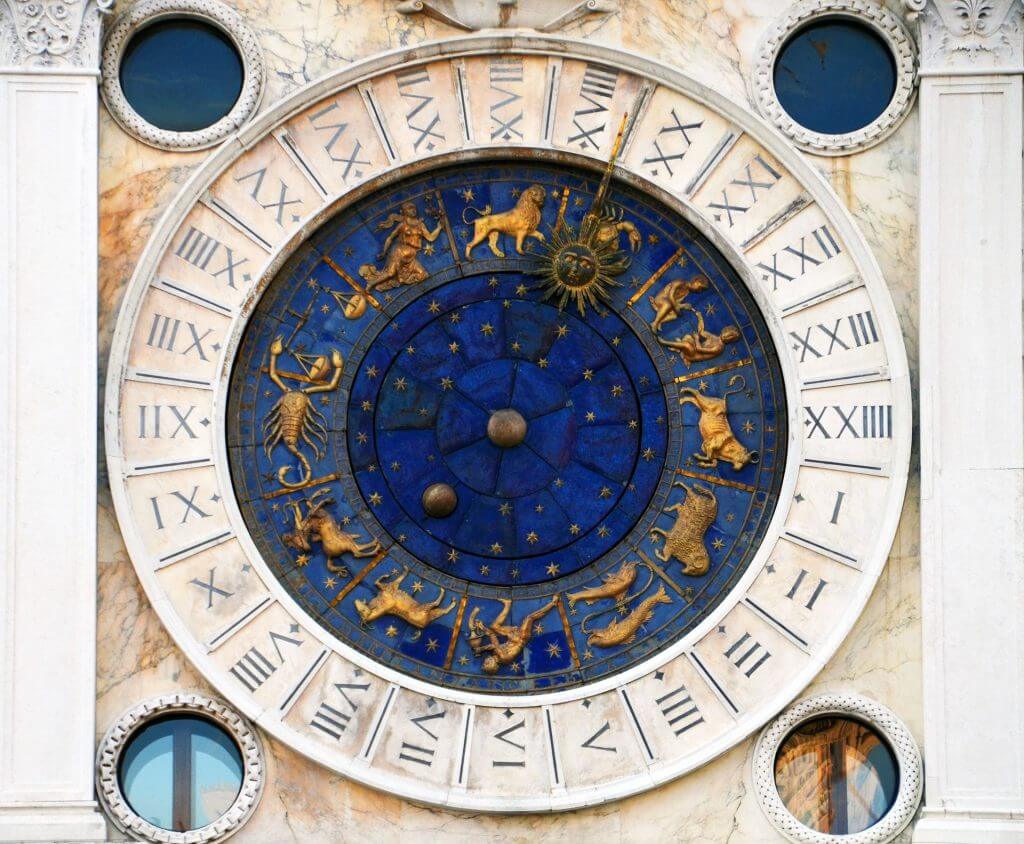
Generally, it can be a bit hard to distinguish between pseudoscience and authentic science since one of the symbols of pseudoscience is that it seems tremendous just like actual science. For instance, astrology is the study of star and planets patterns with the idea that they possess a great influence on human conduct and future results. Despite the fact that astrology applied somewhat the same scientific language and adopts here and there right from the research about astronomy, it is not really based on any actual scientific knowledge, rather is based on some archaic beliefs.
Likewise, in recent years, some theories regarding ancient astronauts have been getting popular because of the Internet and other forms of media like television. As per believers, the old astronaut theory proposes that extraterrestrial beings came to earth over a thousand years ago and gave ancient civilizations with expertise and technology that gave the opportunity for, among many more things, the establishment of the pyramids. In this particular case, people are misinterpreting existing proof or twisting information for the purpose of making it suit their claims, which is not acceptable in the scholastic study community.
A much clear example of the pseudoscience is the various supplements and vitamins that are usually advertised on the internet or television. The ads employ a deliberate manipulation of scientific language to ensure that their products appear as if they have been well verified and tested when they not even been tested or certified.
There is an unbelievable amount of things that normally fall into the classification of pseudoscience, such as psychics or faith in horoscopes, but they all seem to have in common the reality that they are not verifiable. To make it clear, if it appears like science fiction and you cannot identify any reliable evidence, then it is certainly pseudoscience.
Since scientists advocated a way of thinking that needed proof and disproof that depends on hard evidence, astrology transformed from being a science to a pseudoscience from the perspective of many people. This has certainly caused a discussion between practitioners of the astrology and those who depend on them and the scientific society about the efficacy of astrology as a means of defining events and interpreting our place in the globe.
Quite a number of astrologers claim that even if there is no way to mitigate astrology with the current scientific world perspective, astrology ought to still be accepted due to its imminent abilities.
Regrettably, though, several scientists have conducted some simple but impressive experiments that divert from the debate that astrology has even a correlative sense to define the real world. Actually, these tests do more to reveal the suggestibility of the questions more than they promote astrology’s imminent abilities.
Despite the fact that astrology may have fallen out of approval among scholars, it should still be known that lack of proof in support of a theory does not render the theory false automatically. Actually, astrology could still go from the field of pseudoscience into the side of scientific perception.
